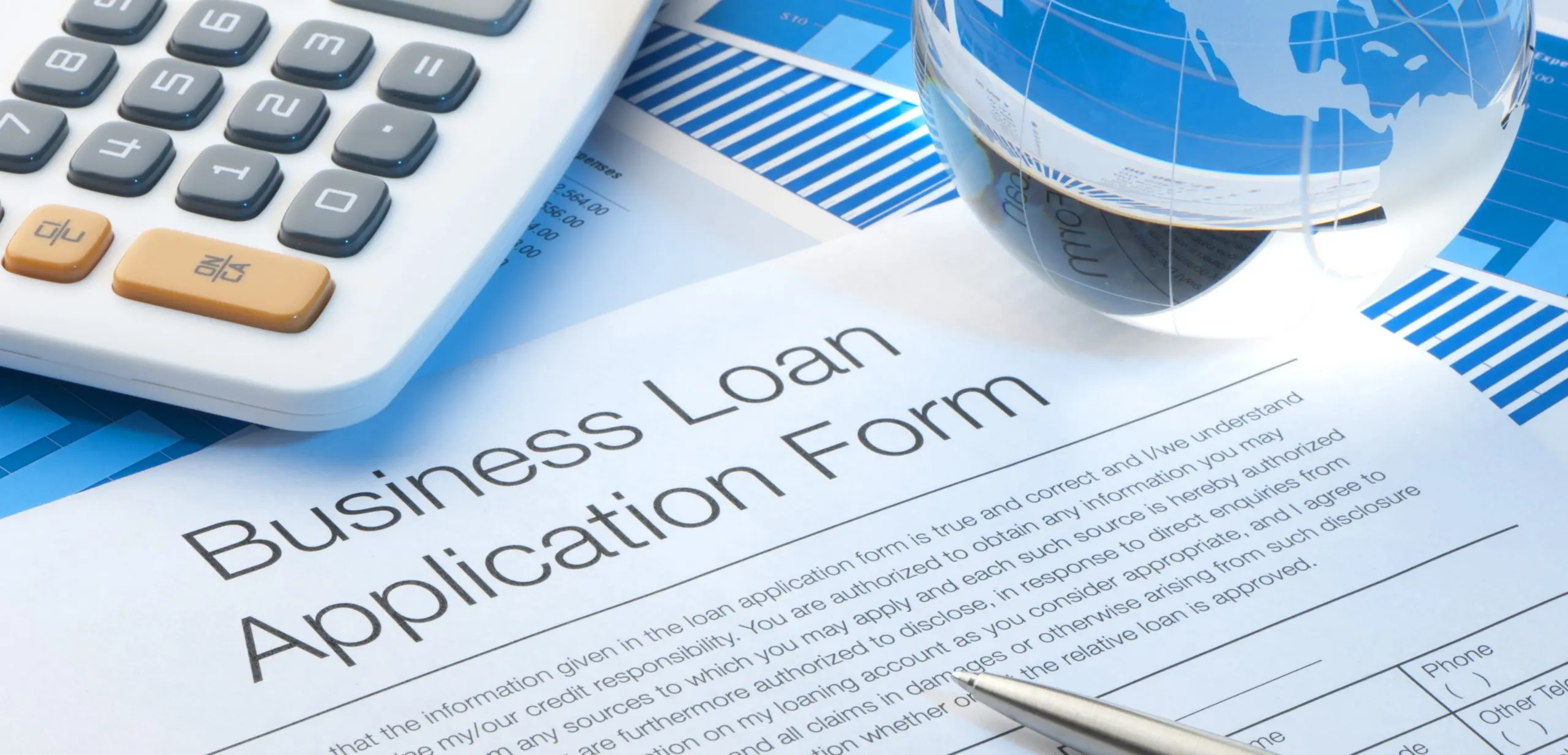Understanding Small Business Liability Insurance
Small Business Liability Insurance is an essential safeguard for entrepreneurs, providing financial protection against various claims that could arise from business operations. This insurance is designed to cover legal fees and settlements related to bodily injury, property damage, and personal injury claims. Given the unpredictable nature of business, having a comprehensive liability policy can make a significant difference in managing risk effectively.
Types of Small Business Liability Insurance
When it comes to liability insurance, there are several types that small businesses might consider:
- General Liability Insurance: This covers basic claims such as customer injuries or property damage. It's often the first line of defense for small businesses.
- Professional Liability Insurance: Also known as errors and omissions insurance, this coverage protects businesses that offer professional services against claims of negligence or inadequate work.
- Product Liability Insurance: Essential for businesses that manufacture or sell products, this insurance shields against claims related to product defects that cause harm or injury.
- Commercial Auto Insurance: If your business uses vehicles for operations, this insurance covers damages and injuries that occur during business-related driving.
Comparing Coverage Options
Choosing the right liability insurance involves understanding the coverage options available and how they align with your business needs. Below is a comparison chart to help you assess different types of liability insurance:
| Type of Insurance | Coverage | Typical Cost |
|---|---|---|
| General Liability | Bodily injury, property damage, personal injury | $400 - $1,500/year |
| Professional Liability | Negligence, errors, omissions | $500 - $2,000/year |
| Product Liability | Defective products causing injury or damage | $1,000 - $3,000/year |
| Commercial Auto | Vehicle-related claims, property damage, and injuries | $1,200 - $2,400/year |
When evaluating coverage options, consider factors such as the nature of your business, the level of risk involved, and your budget. Each type of policy serves specific needs and may be more or less relevant depending on your industry.
Factors Affecting Costs
The cost of small business liability insurance can vary significantly based on several factors, including:
- Business Type: Different industries carry different levels of risk. For example, a construction company may have higher premiums than a consulting firm.
- Location: Insurance costs can vary by state due to local regulations and risk factors.
- Coverage Amount: Higher coverage limits will typically result in higher premiums, so it’s crucial to find a balance between adequate coverage and affordability.
- Claims History: A history of claims may indicate higher risk, potentially leading to increased premiums.
How to Choose the Right Coverage
Choosing the right liability insurance for your small business requires careful consideration. Here are some steps to guide you through the process:
- Assess Your Risks: Identify the specific risks associated with your business operations. Consider factors such as your industry, customer interactions, and the products or services you offer.
- Determine Coverage Needs: Based on your risk assessment, determine which types of liability insurance are necessary for your business. You may need a combination of policies to ensure comprehensive coverage.
- Shop Around: Obtain quotes from multiple insurance providers to compare costs and coverage options. Don’t hesitate to ask questions and clarify any uncertainties regarding the policies.
- Read Reviews: Investigate the insurance companies you are considering. Look for customer reviews and ratings to gauge their reliability and customer service.
- Consult an Insurance Professional: If you’re unsure about the coverage you need, consulting with an insurance broker can provide valuable insights tailored to your business.
Conclusion
Investing in small business liability insurance is a critical step in safeguarding your entrepreneurial venture. By understanding the various types of coverage available, comparing costs, and assessing your specific needs, you can make informed decisions that protect both your business and personal assets. Whether you’re just starting out or looking to update your existing policy, taking the time to evaluate your options will pay off in the long run.








